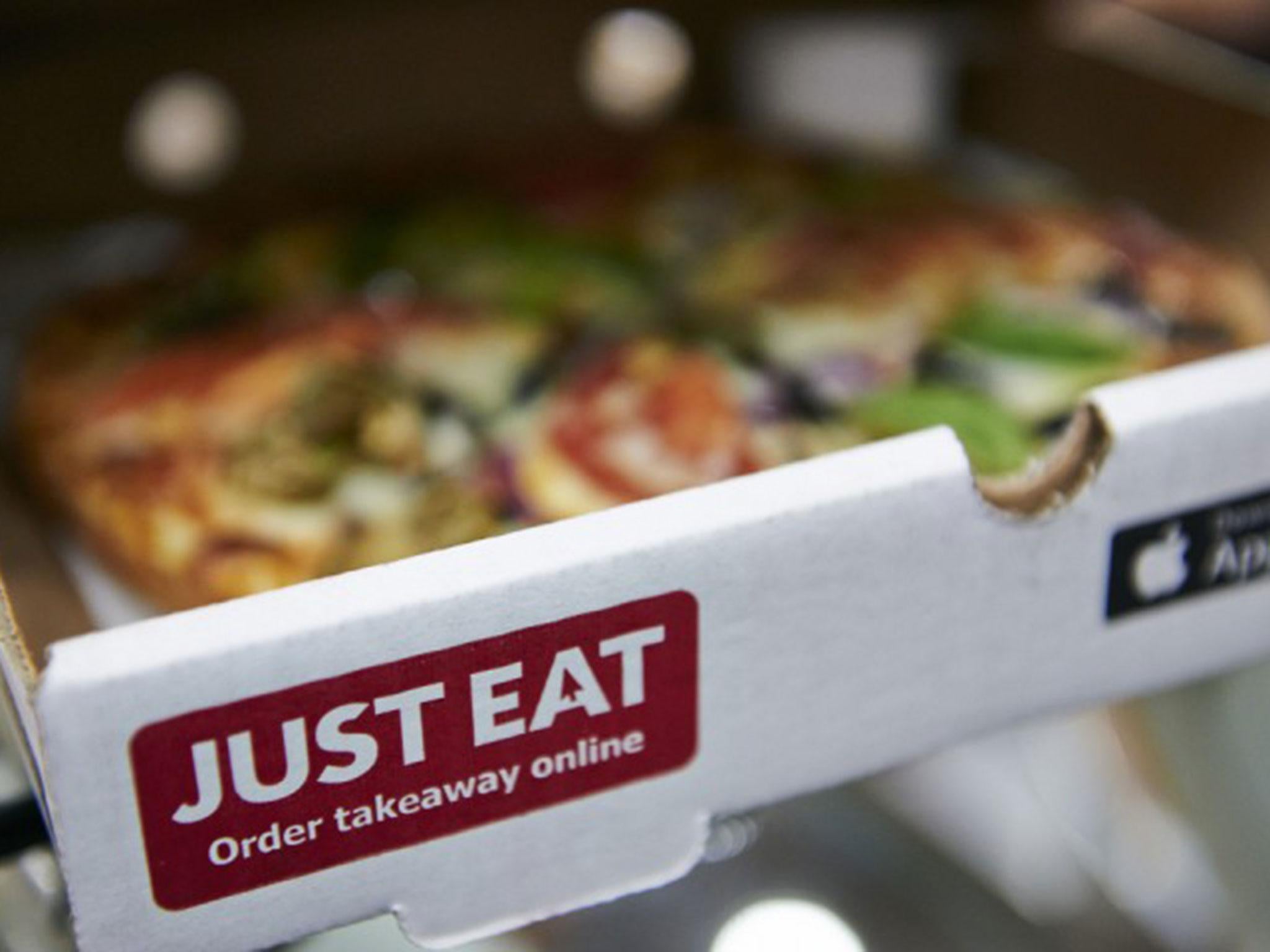Just Eat must be closely watched after Hungryhouse deal
The Competition & Markets Authority has made a case for the tie up to be allowed, but this is a very big business with pricing power over lots of smaller businesses

Just Eat’s appetite for a deal looks set to be sated, with the Competition & Markets Authority provisionally clearing its £200m planned take out of rival Hungryhouse, with a side order of chilli sauce.
The merger was called in in May, amid concerns that it could result in a reduction in the service provided to consumers, and the owners of takeaways.
However, the CMA’s panel makes a strong argument for the deal to go ahead in one respect. It takes the view while Hungryhouse could almost be Just Eat’s twin when it comes to model and marketplace, it doesn’t serve up much in the way of competition.
There is a strong chance, the report of its panel opines, that the loss making outfit would end up exiting the UK market were the merger not to go ahead. So we might as well clear it.
The rest of its case is more debatable.
It is true, as the CMA states, that the home delivery food market is a dynamic one, with aggressive and well funded new entrants such as UberEATS and Deliveroo joining the party.
However, they operate in a very different manner to Just Eat.
Take Deliveroo. Its drivers deliver on behalf of restaurants that don’t typically offer such a service. They pay a commission for that, but so does the end customer.
Deliveroo states that it “encourages” its roster of restaurants to charge the same for people who eat in as for those who use its service. Which implies that it isn’t mandatory.
The situation is very different with Just Eat, which is focussed on takeouts that already do their own deliveries. They pay a percentage of the total cost of the orders sent their way by Just Eat's website. They are not, however, allowed to offer customers a better deal if they call in orders direct.
It is still true that Deliveroo competes for a share of the takeout pound with Just Eat. But that doesn't change the fact that it operates in a different space, and with a different model. These two aren’t exactly going head to head.
The core problem with Just Eat, deal or no deal, is that it is a big, stock market listed, company, that has pricing power over lots of small companies, power it has used to increase the percentage of their orders they hand over to it over time. In part those price rises have been facilitated by a lack of competition.
It is true that takeouts aren’t required to sign up with it. They can do their own marketing, operate their own websites and so on. But they will be crippling their businesses if they don’t, not least because of the sheer number of people that only order their takeaway food via the Just Eat app.
As such, even though the CMA has made a logical case for green lighting its gobbling up of Hungryhouse, it would be doing thousands of small businesses and their customers a grave disservice were it not to keep a very close eye on Just Eat in future.
Click here for Just Eat discount codes
Join our commenting forum
Join thought-provoking conversations, follow other Independent readers and see their replies
Comments
Bookmark popover
Removed from bookmarks